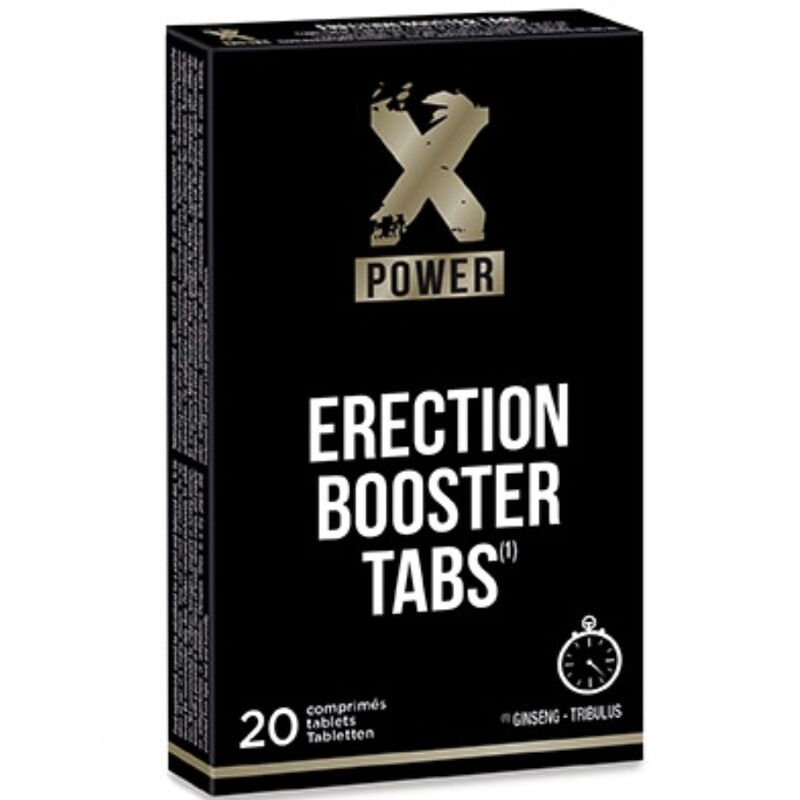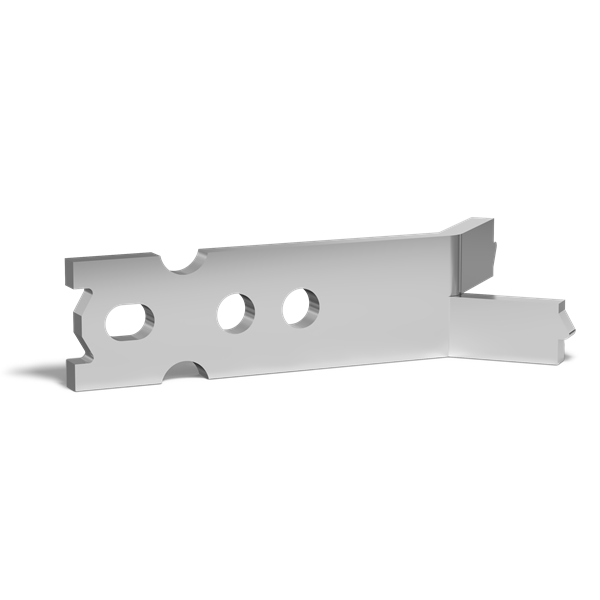Salt For Erection: Unlocking The Surprising Connection Between Salt And Erectile Health
When it comes to erectile health, most people focus on lifestyle changes, medications, or psychological factors. However, an often-overlooked aspect is the role of diet, particularly the impact of salt consumption on erections. Salt, a common kitchen ingredient, plays a crucial role in maintaining overall health, including sexual health. Understanding how salt affects blood pressure, circulation, and hormonal balance can provide valuable insights into managing erectile dysfunction (ED).
Erectile dysfunction affects millions of men worldwide, and while it's commonly associated with aging or stress, nutritional factors like salt intake can significantly influence its occurrence. This article delves deep into the connection between salt and erection, exploring the science behind it and offering practical advice for optimizing your diet.
By the end of this comprehensive guide, you'll have a better understanding of how salt impacts your body and what steps you can take to improve your sexual health. Whether you're dealing with ED or simply looking to enhance your overall well-being, this article will provide valuable insights and actionable tips.
Read also:Monitor Iot Device Behind Firewall Comprehensive Guide With Examples
Table of Contents
- What is Salt for Erection?
- The Biological Impact of Salt on Erectile Health
- Salt and Blood Pressure: A Key Factor in Erection
- Types of Salt: Which is Best for Erectile Health?
- How Much Salt is Healthy for Erectile Function?
- Salt in the Diet: Balancing for Better Erections
- Scientific Studies on Salt and Erectile Dysfunction
- Tips for Optimizing Salt Intake for Erectile Health
- Common Myths About Salt and Erections
- Conclusion: Salt for Erection – A Balanced Approach
What is Salt for Erection?
Salt for erection refers to the relationship between sodium chloride (common salt) and the physiological processes involved in achieving and maintaining an erection. Salt is essential for maintaining proper fluid balance, nerve function, and muscle contraction—all of which play a role in erectile health. However, excessive or insufficient salt intake can disrupt these processes, leading to potential issues with erections.
Understanding the role of salt in the body is crucial for managing erectile dysfunction. While salt is often vilified for its association with high blood pressure, moderate consumption can have positive effects on circulation and hormonal balance, both of which are critical for healthy erections.
By exploring the science behind salt's impact on the body, we can better understand how to optimize our diets for improved sexual health.
The Biological Impact of Salt on Erectile Health
How Salt Affects Blood Flow
Salt plays a vital role in regulating blood flow, which is essential for achieving an erection. When blood flow to the penis is restricted due to high blood pressure or other circulatory issues, it can lead to difficulties in maintaining an erection. Sodium helps maintain the balance of fluids in the body, ensuring proper blood flow and pressure.
However, excessive salt intake can lead to water retention and increased blood pressure, which may negatively impact erectile function. Striking the right balance is key to optimizing blood flow and supporting healthy erections.
Salt's Role in Hormonal Balance
Hormonal balance is another critical factor in erectile health, and salt plays a role in regulating hormones like testosterone. Sodium is necessary for the production of certain hormones, including aldosterone, which helps regulate blood pressure and electrolyte balance. By maintaining proper sodium levels, the body can produce the hormones needed for optimal sexual function.
Read also:What Is Guy Fieris Real Name Unveiling The Truth Behind The Celebrity Chefs Identity
It's important to note that both too much and too little salt can disrupt hormonal balance, leading to potential issues with erections. Understanding the role of salt in hormone regulation can help guide dietary choices for better sexual health.
Salt and Blood Pressure: A Key Factor in Erection
High blood pressure is a well-known risk factor for erectile dysfunction, and salt plays a significant role in blood pressure regulation. Excessive salt intake can lead to water retention and increased blood pressure, which can restrict blood flow to the penis and make it difficult to achieve or maintain an erection.
On the other hand, moderate salt intake can help maintain healthy blood pressure levels, supporting proper blood flow and circulation. By managing salt intake effectively, men can reduce their risk of developing ED and improve their overall sexual health.
Types of Salt: Which is Best for Erectile Health?
Table Salt vs. Sea Salt
Not all salts are created equal, and the type of salt you consume can impact your health. Table salt is highly processed and contains additives like anti-caking agents, while sea salt is minimally processed and retains more of its natural minerals.
Sea salt is often considered a better choice for overall health due to its higher mineral content, which can support proper electrolyte balance and circulation. However, both types of salt contain sodium, so moderation is key regardless of the type you choose.
Himalayan Pink Salt: A Healthier Option?
Himalayan pink salt has gained popularity in recent years for its alleged health benefits. This type of salt contains trace minerals like potassium, magnesium, and calcium, which can support healthy blood pressure and circulation.
While Himalayan pink salt is often marketed as a healthier alternative to table salt, the differences in mineral content are relatively small. However, its natural composition and lack of additives make it a good choice for those looking to optimize their salt intake for better health.
How Much Salt is Healthy for Erectile Function?
The recommended daily intake of salt varies depending on individual health needs, but most health organizations suggest limiting sodium intake to no more than 2,300 milligrams per day. For those with high blood pressure or other health concerns, a lower intake of 1,500 milligrams per day may be advised.
When it comes to erectile health, moderation is key. Consuming too much salt can lead to high blood pressure and circulatory issues, while too little salt can disrupt electrolyte balance and hormonal function. Aim for a balanced intake that supports overall health and well-being.
Salt in the Diet: Balancing for Better Erections
Incorporating salt into your diet in a healthy way can support better erections and overall sexual health. Here are some tips for optimizing your salt intake:
- Choose natural, minimally processed salts like sea salt or Himalayan pink salt.
- Limit processed foods, which are often high in sodium.
- Balance salt intake with potassium-rich foods like bananas, spinach, and sweet potatoes.
- Monitor your sodium intake and adjust as needed based on your health needs.
By making mindful choices about your salt consumption, you can support better circulation, hormonal balance, and overall erectile health.
Scientific Studies on Salt and Erectile Dysfunction
Research has shown that salt intake can significantly impact erectile health. A study published in the Journal of Sexual Medicine found that men with high sodium diets were more likely to experience erectile dysfunction due to increased blood pressure and restricted blood flow.
Another study published in Hypertension highlighted the importance of maintaining proper sodium balance for optimal cardiovascular health, which directly impacts erectile function. These studies underscore the need for moderation and balance when it comes to salt consumption.
Tips for Optimizing Salt Intake for Erectile Health
Practical Strategies for Better Salt Management
Here are some actionable tips for managing your salt intake for improved erectile health:
- Use herbs and spices to flavor your food instead of relying solely on salt.
- Choose fresh, whole foods over processed and packaged options.
- Read nutrition labels carefully to monitor sodium content in your food.
- Stay hydrated to help your body maintain proper electrolyte balance.
By incorporating these strategies into your daily routine, you can support better sexual health and overall well-being.
Common Myths About Salt and Erections
Debunking Misconceptions
There are several myths surrounding salt and its impact on erections. Here are a few common misconceptions:
- Myth: All salt is bad for you. Reality: Salt is essential for proper bodily function, and moderate consumption can support health.
- Myth: Salt has no impact on sexual health. Reality: Salt plays a role in blood pressure regulation, circulation, and hormonal balance—all of which affect erections.
- Myth: Low-sodium diets are always better. Reality: Too little salt can disrupt electrolyte balance and hormonal function, leading to potential issues with erections.
Understanding the truth about salt and its role in sexual health can help you make informed decisions about your diet.
Conclusion: Salt for Erection – A Balanced Approach
In conclusion, salt plays a crucial role in maintaining overall health, including sexual health. By understanding the science behind salt's impact on blood pressure, circulation, and hormonal balance, you can make informed choices about your diet to support better erections and overall well-being.
We encourage you to share this article with others and leave a comment below if you have any questions or insights. For more information on sexual health and wellness, explore our other articles and resources. Remember, a balanced approach to salt intake is key to optimizing your health and enhancing your quality of life.
Article Recommendations


